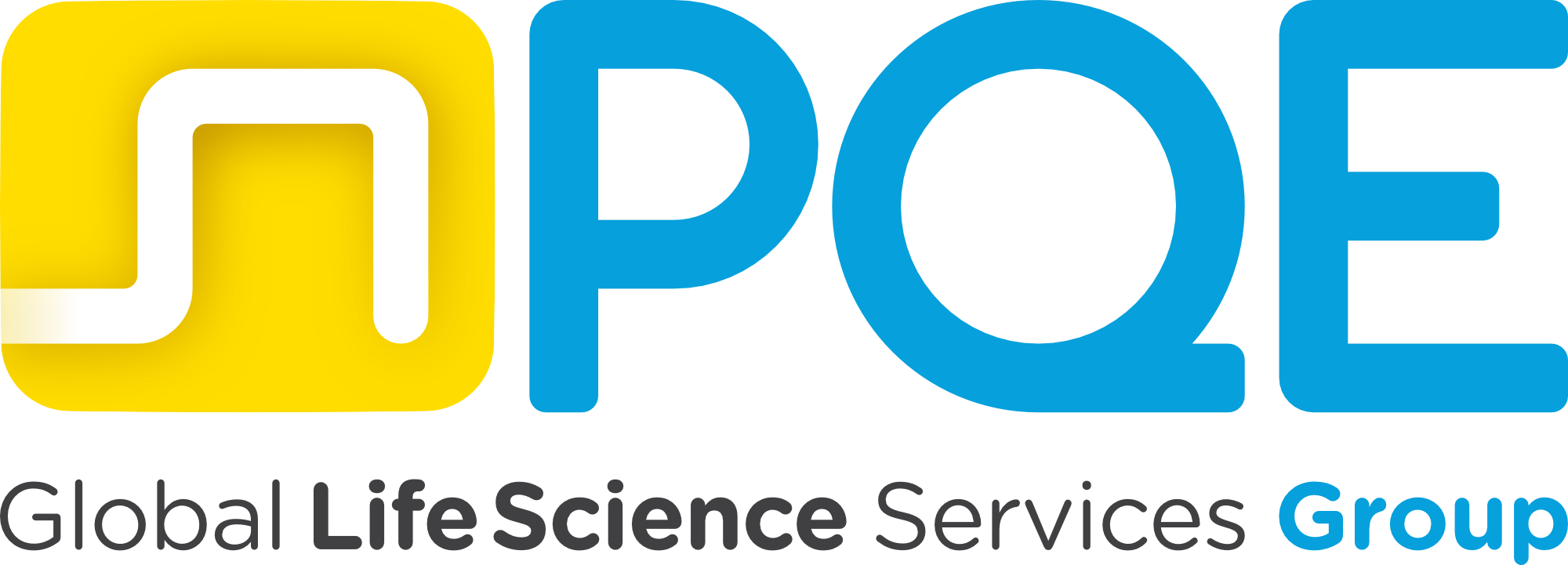PQE Supports Marketing Authorization Holders, Manufacturers of API and Manufacturers of Finished products. Our experts have significant expertise in Regulatory Intelligence to make you aware of regulatory requirements applicable to Clients’portfolio and PQE could offer a CMC Regulatory support at every stage of development, registration and life cycle management.
Check out Regulatory CMC Development Services and Compliance Services, and contact our team to request a meeting with our experts.
Connect with us





